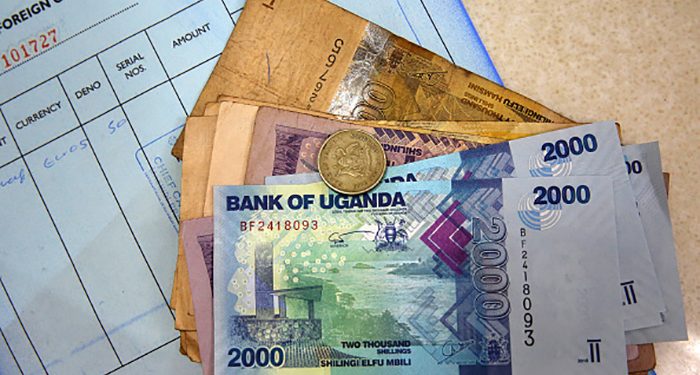The government has started implementing guidelines that are aimed at ensuring that money kept under informal saving methods is protected and accounted for.
This includes money that Ugandans keep in their houses or elsewhere, which is estimated to be in hundreds of billions of Shillings.
The least formal means of “safekeeping” of money currently include self-help groups, or Village Savings and Loan Associations (VSLAs).
The recently introduced guidelines now require that people who keep money in their houses and other places register the savings to their district authorities for safety and record-keeping.
Edith Tusuubira, the Executive Director of Uganda Microfinance Regulatory Authority said the new guidelines will also enhance the monitoring of all the licensed savings agencies and groups.
She was speaking at a joint financial industry briefing as part of the World Savings Day events held under the theme: Start Small, Grow Big, Go Green Smart.
World Savings Day is being marked as the savings industry recovers from the impacts of the COVID-19 economic disruptions, before being hit by rising global inflation.
This has seen personal incomes dwindle and money available for saving also reduce.
According to the Uganda Retirement Benefits Authority (URBRA), savings with regulated schemes have grown five times over the last 11 years to 22 trillion Shillings, with five trillion being outside the National Social Security Fund.
This has been boosted by the laws that allowed for the liberalization of the sector, which has mobilized more savings by giving people more options.
Rita Nansasi Wasswa, URBRA’s Director of Legal Affairs also attributed the growth to creating confidence through improved regulation.
Nansasi, says that despite this growth, the savings levels are still very low, especially because just about 18 per cent of working Ugandans are actually saving.
URBRA is now encouraging people to start saving at soon as they start earning, so as to realize better returns in the end.
“And when you save, let the money grow through different investment channels; when you eventually retire, find ways of preserving your retirement funds, don’t get your savings and blow them up in one year,” the agency says in a message targeted mainly at the youth.
The Uganda Bankers Association (UBA), hailed the revolution in the telecommunications industry which eventually ventured into financial transactions. This, according to them took services closer to the people and made them convenient and cheap.
This year, mobile money companies started giving interest on balances on mobile wallets, and rates were slightly higher than those of commercial banks.
However, the savings on these platforms are very low because Ugandans still largely use mobile money to transfer cash, rather than as a safe saving platform, according to Wilbrod Owor, the Executive Director of UBA.
The Uganda Insurance Regulatory Authority also encouraged Ugandans to take advantage of savings products offered by the insurance industry for ‘double benefit’. These include life insurance products which attract bonuses at the end of the policy.
Protazio Sande, the Director of Planning, Research and Market Development at IRA said insurance is increasingly becoming cheaper with innovation into new products. He said the industry has effective funds protection systems and a form of a deposit protection fund is also being created to strengthen it even further.
REPORTED BY BUSINESS FOCUS



